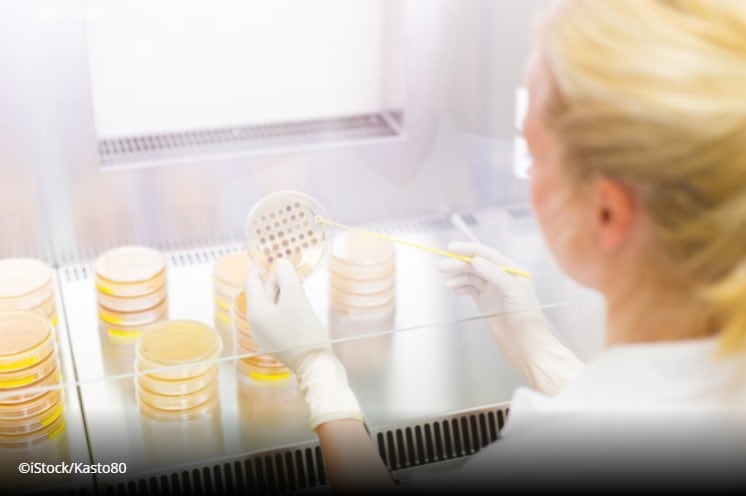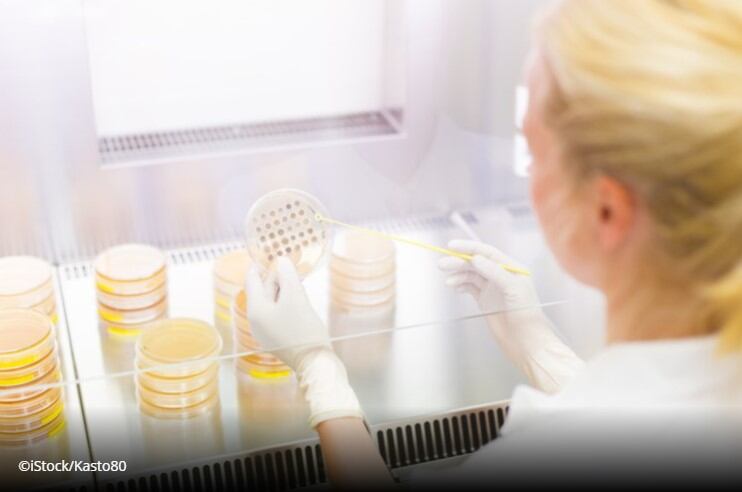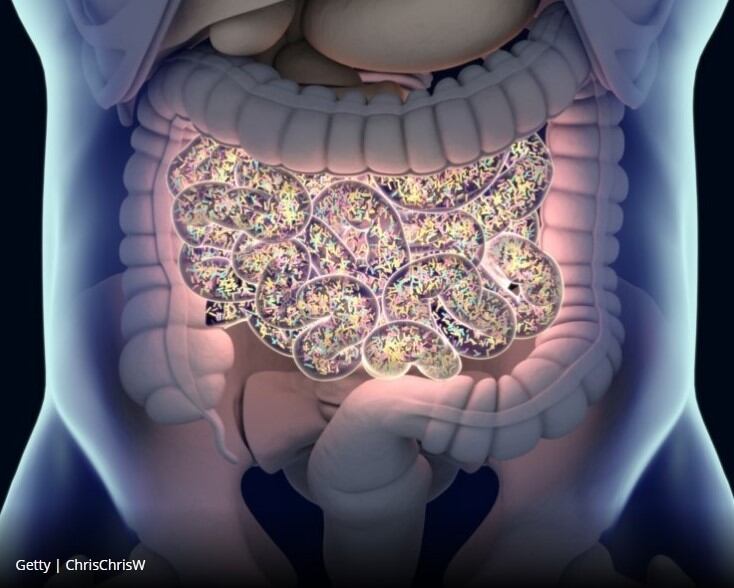That’s the conclusion of new research published in The Lancet that says despite the procedure’s promise in tackling Clostridium difficile (C. diff) infection (CDI), more needs to be done, not least the creation of a common European legislative framework.
The paper’s proposals are made more urgent after the authors cite figures from The European Centre for Disease Prevention and Control (ECDC), which estimates that 124,000 patients are diagnosed with CDI annually in Europe.
“With an anticipated 10% occurrence of multiple, recurrent CDI, the approximately 12,400 patients with multiple, recurrent CDI and indication for FMT are far from matched by the current annual 1077 FMT procedures performed for CDI,” the paper comments. “This amounts to a significant gap in FMT coverage.”
“Despite being a conservative measure not accounting for CDI-attributable mortality nor community-acquired CDI, it suggests that FMT is currently reserved for the most severe instances and that there is a need to increase clinical awareness and scale the European FMT activity by a 10-fold factor to meet the true demand, even in countries with frequent use of FMT.”
Differing EU stance
FMT regulation varies across Europe and is determined by the national conduct and access to the procedure. Around 40% of countries had formal regulation from either the national medical or tissue authorities.
Others reported they were in discussions with their respective national competent authorities, although without formal regulation.
The Aarhus University Hospital team point out that regulation is mired in controversy as to which jurisdictions should be applied.
“Currently, common consensus emphasise FMT should be considered a transfer of tissue if the transferred stool has not been subjected to substantial modifications rendering it comparable to a medicinal product.
“A common European legislative framework for FMT is warranted and may include criteria for applying tissue and cells standards and potentially also medicines legislation,” they add.
31 FMT centres from 17 countries
Along with colleagues from Leiden University and Helsinki University, the team asked all hospital based FMT centres within the European Council member states to answer a questionnaire covering their clinical activities, organisation, and regulation of FMT in 2019.
During that year 31 FMT centres from 17 countries reported a total of 1,874 FMT procedures: 1,077 (57%) with CDI as indication, 791 (42%) with experimental indications, and six unaccounted for.
With an estimated 12,400 (6,100–28,500) annual cases of multiple, recurrent CDI and indication for FMT in Europe, the current European FMT activity covers approximately 10% of the patients with indication.
The team commented on the participating centres’ demonstration of high safety standards and adherence to international consensus guidelines.
In addition, formal or informal regulation from health authorities was present at 21 (68%) centres.
“Insights from the study provide the first estimates of the current supply and demand for FMT in Europe and documents how numerous FMT centres operate across Europe with high safety standards to make the treatment accessible to patients and providers.
“The results confirm that FMT has become a routine treatment that clinicians should familiarise themselves with to secure their patients the most effective treatment,” they add.
“These data may guide future clinical practice and decision-making on how to perceive, use, and regulate FMT in Europe.”
The IMM-ETG
The potential of FMT in tackling conditions such as ulcerative colitis and irritable bowel syndrome as well as CDI has been tempered by fears FMT could spread viruses.
The health and hygiene concerns of FMT have led to a host of European-centric actions designed to provide clarification and reassurance to this emerging research area.
European microbiome firms in 2019 attempted to agree pan-EU regulation for microbiome-based therapeutics in efforts to keep pace with advances made in Faecal Microbiota Transplantation (FMT).
The Intestinal Microbiome-based Medicines European Task Group (IMM-ETG) involved Caelus Health, EnteroBiotix, Ferring Pharmaceuticals and MaaT Pharma along with the Pharmabiotic Research Institute (PRI).
Source: The Lancet
Published online: doi.org/10.1016/j.lanepe.2021.100181
“The use of Faecal Microbiota Transplantation (FMT) in Europe: A Europe-wide survey”
Authors: Simon Mark Dahl Baunwall et al




